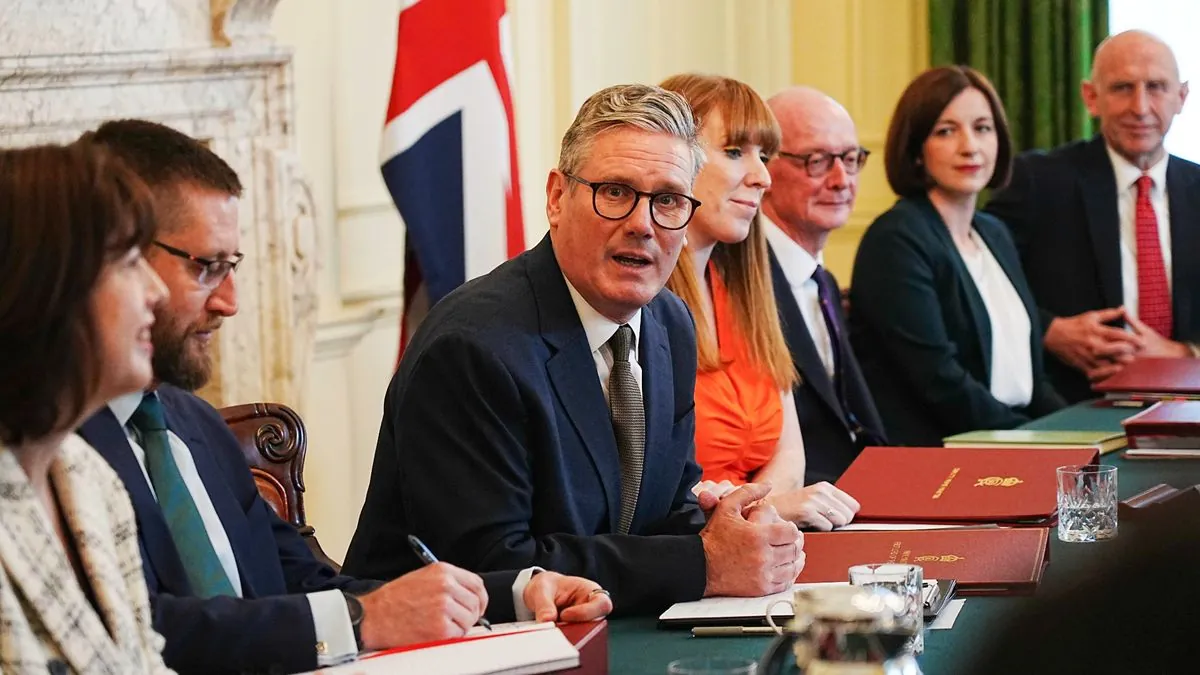UK Government Faces Union Pressure Amidst Economic Challenges
Trade unions demand pay rises for public sector workers, putting pressure on the new Labour government. Economic constraints from Covid lockdowns complicate the government's response to union demands.

The newly elected Labour government in the UK finds itself in a challenging position as trade unions intensify their demands for public sector pay increases. This situation highlights the complex relationship between unions, government, and economic realities in post-pandemic Britain.
Keir Starmer's administration, barely two months into its tenure, faces mounting pressure from unions seeking to restore public sector pay to 2011 levels. This demand, if met, would cost the government over £50 billion. The Trades Union Congress (TUC), founded in 1868, is spearheading this campaign, leveraging its historical influence on labour policies.
The unions' optimism stems from recent successes, including settlements with train drivers and junior doctors. However, these victories have not quelled all industrial action, as evidenced by ongoing strikes on LNER, which operates the east coast main line.

The government's predicament is exacerbated by the economic aftermath of the Covid-19 pandemic. The UK spent over £400 billion on Covid-19 measures, pushing the national debt beyond £2.5 trillion in 2023. This financial burden looms large over current spending decisions, limiting the government's ability to meet union demands.
"We demand a return to the good old days when a bunch of blokes in donkey jackets standing around in car parks could take a factory out on immediate strike with a mere show of hands."
This statement from Matt Wrack, whose union disaffiliated from Labour in 2004, reflects a broader push to repeal Margaret Thatcher's trade union legislation from the 1980s. The recent repeal of the Conservative's Trade Union Act, which required 50% member support for strikes, has emboldened unions to seek further changes.
Notably absent from the unions' agenda are the concerns of private sector workers. Despite often facing less job security, lower wages, and less generous pension plans, their issues remain largely unaddressed by union leaders.
The Labour government now faces a delicate balancing act. Having received significant funding from unions during the election campaign, there's an expectation of reciprocity. However, the economic realities make meeting these expectations challenging.
As the situation unfolds, the government must navigate between union demands and fiscal responsibility, all while addressing the needs of both public and private sector workers in a post-pandemic economy.


































